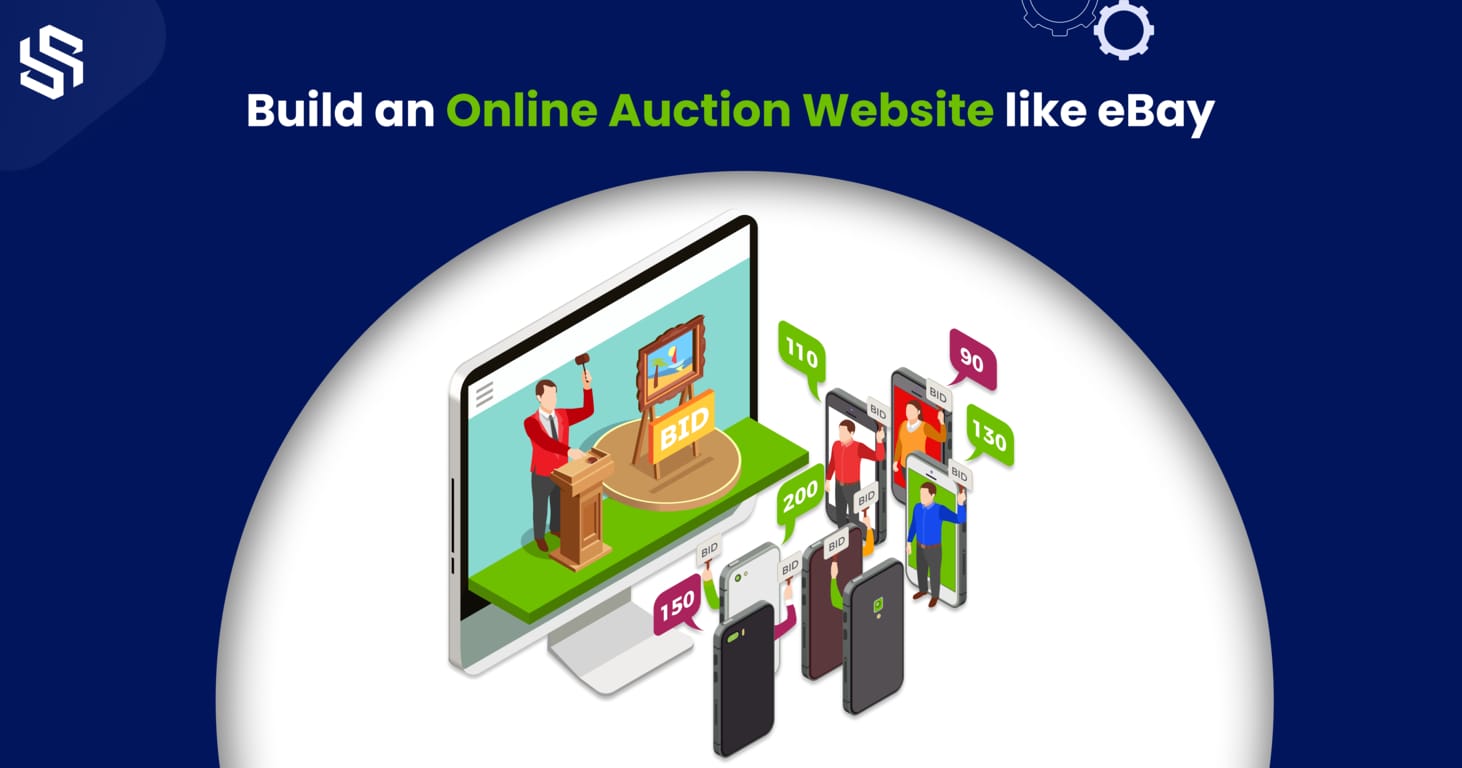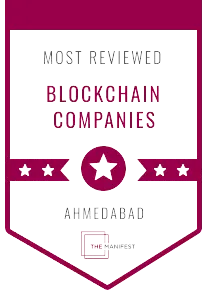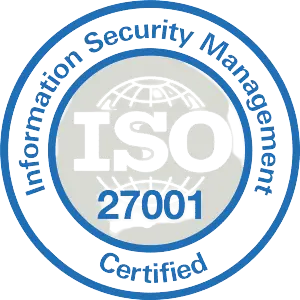Online auction software like eBay has revolutionized how people buy and sell goods online, providing millions of users with easy access to an ever-expanding selection of goods at auctions 24/7. Their convenience, reach, and round-the-clock availability is projected to grow into an estimated industry worth $2.50 billion by 2027.
An auction website can be an attractive business investment, especially with the surge in online shopping. While creating one from scratch may require technical knowledge, with the appropriate tools and resources you can create an auction website that meets all your specifications.
Be it an entrepreneur starting their own business or a developer building an auction website can be a daunting task, but with this step-by-step guide, you can create an online auction website that is both user-friendly and functional.
Why build an Online Auction Website?
Building an auction website offers many advantages to individuals or businesses looking to sell goods or services dynamically online. Building one might even save time in terms of cost reduction compared to selling these things traditionally through other avenues like auction houses:
1. Global Audience and Reach
One of the primary advantages of an online auction website lies in its capacity to link buyers and sellers from all around the globe. Utilizing internet technology allows businesses to reach a much broader global audience than with physical auctions requiring physical presence – exponentially expanding both bidders and sellers globally.
2. Increased Convenience
Convenience has played a central role in the rise in popularity of online auction sites. Building such platforms allows users to bid or list products for auction any time of day or night without being limited by physical auction schedules, creating flexibility for users that allows for participation at their convenience – which attracts an array of participants into auction activities and attracts wider participation rates than conventional physical auctions do.
3. Cost-Effective Solution
Building an online auction website can be an economical alternative to traditional auctions. By eliminating physical locations and staff requirements as well as transportation and display expenses associated with traditional auctions, online auction platforms become cost-efficient solutions that benefit both owners and users. They provide an ideal method of buying and selling goods online!
4. Diverse Selection of Products
Online auction websites provide users with access to an expansive variety of goods up for bid. From antiques and collectibles, to electronics and vehicles, as well as anything in-between – an extensive array of items is often listed for bidding. This wide-ranging variety attracts both buyers and sellers of various interests and preferences alike – building such an auction website allows businesses to tap into diverse markets while giving users an avenue for discovering unique and valuable items.
5. Trust and Transparency
A cornerstone of any marketplace, online auction websites have implemented features designed to increase transparency and build it between buyers and sellers. From product descriptions, images, ratings, and user reviews allowing participants to make informed choices before placing bids or making purchases; to secure payment systems and dispute resolution mechanisms that protect both sides involved during transactions – further strengthening trust between them all involved parties involved and building credibility between all participants in transactions; these efforts ensure trust is fostered between buyer and seller in any marketplace transaction.
Are you ready to build a successful online auction website that stands out from the competition? Want to know how much does it cost to make a website like ebay?
Syndell is here to help you achieve your goals. Our experienced team of developers specializes in creating customizable and high-performing auction platforms.
Step by Step Guide to building an Auction Website
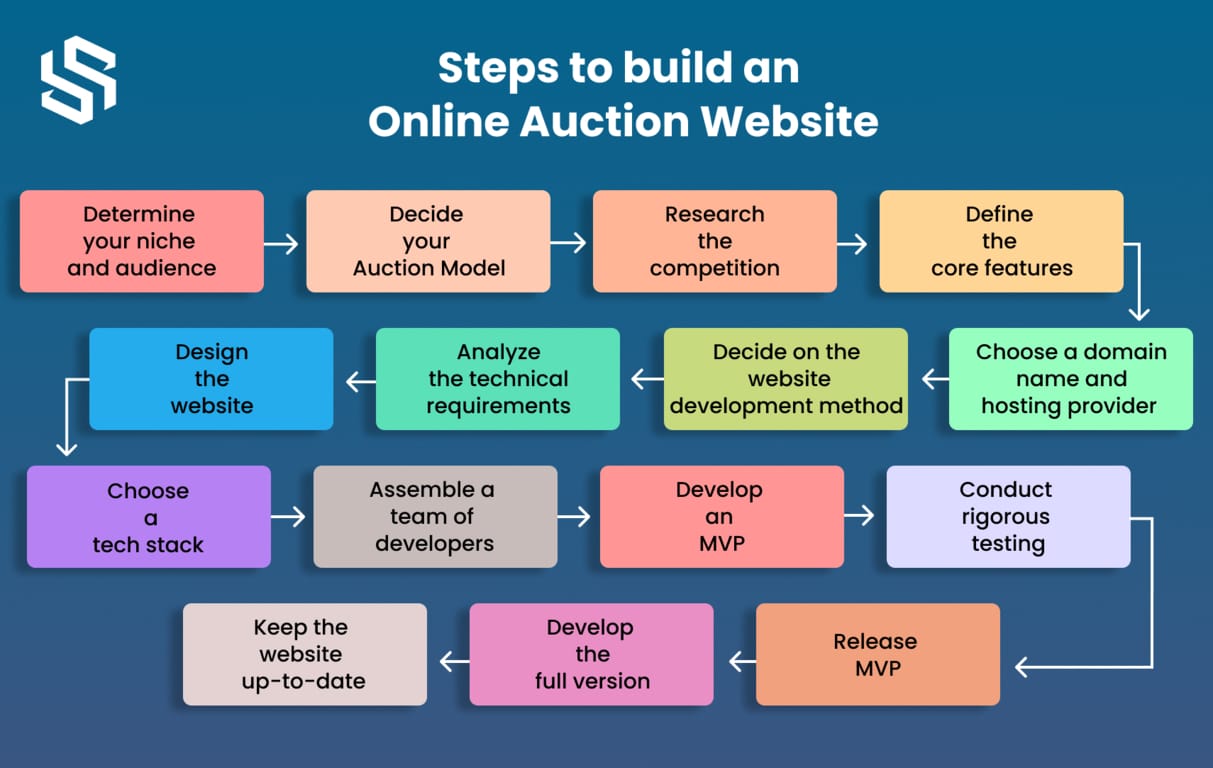
Building an auction website requires many moving parts and you must ensure each is in perfect harmony for its success. Detailed instructions are provided below so that you may make informed decisions at every stage.
1. Determine your niche and audience
Finding your market and customers is essential when creating an online auction business. You must first settle on the goods and services that will be up for auction. Your online auction site’s focus might be on selling anything from antiques and gadgets to clothing and accessories.
After settling on a certain market segment, the next step is to determine who exactly that segment is comprised of. The customer’s age, gender, geography, hobbies, and buying patterns might all play a role in this. In order to make your website more appealing to your intended audience, you need first learn more about their wants and requirements through market research.
Your website may stand out from the crowd and provide something no other site can if you take the time to determine your target demographic and the specific problems they face. Your auction website’s chances of success will grow as a result of this.
2. Decide your Auction Model
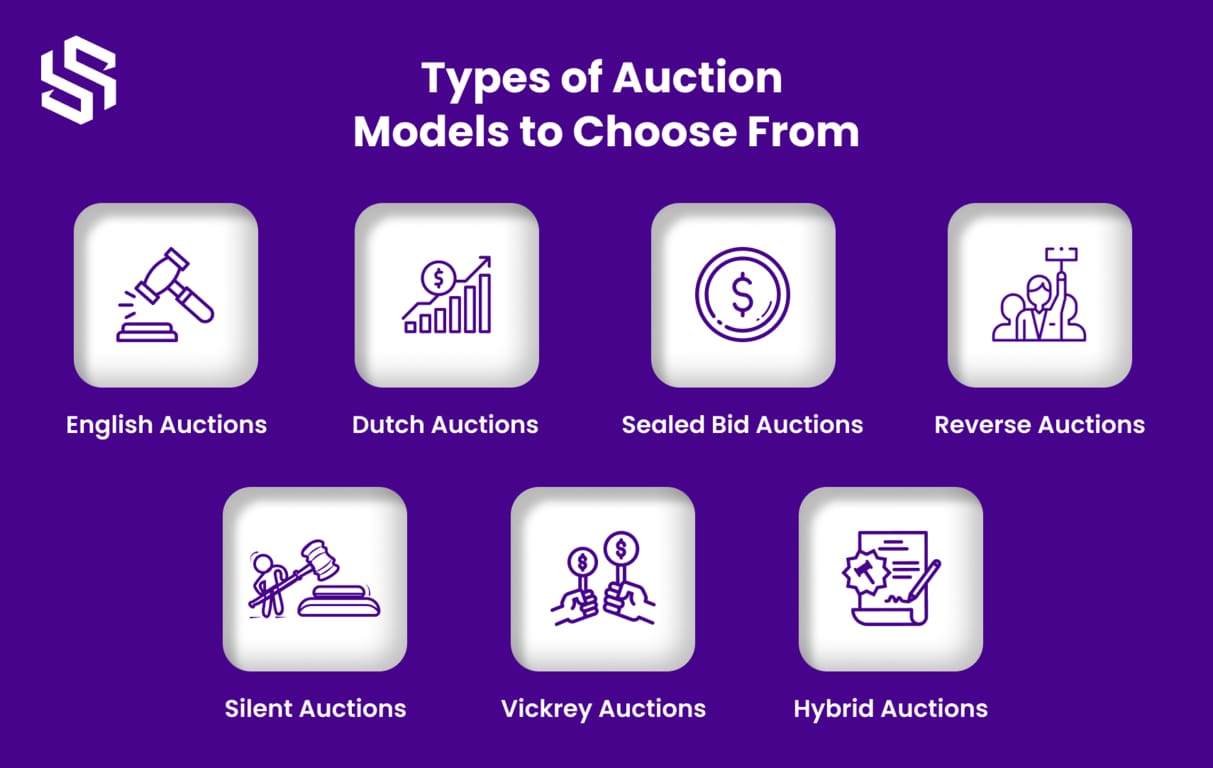
Your online auction site can use one of several different auction models. Some of the most typical examples are as follows:
English Auctions
English auctions are among the most well-known forms of auctioning. An auctioneer begins bidding at an initial low price before gradually raising it until one bidder agrees to pay up until there’s one willing and capable of bidding at maximum. An auction winner is determined by who bids the highest.
Dutch Auctions
During a Dutch auction, the seller sets a high starting price and accepts smaller bids until a sale is made. The auction is considered to have been won by the first bidder who accepts to purchase the item at the current price.
Sealed Bid Auctions
Bidders’ identities are kept secret from the auctioneer in sealed bid auctions. An auction is won by the highest bidder.
Reverse Auctions
Reverse auctions allow a buyer to advertise their need for products or services and potential sellers vie to meet that need by placing bids for those items at their lowest possible cost – the lowest bidder wins!
Silent Auctions
Silent auctions are auctions in which bids are submitted anonymously by writing them down on a piece of paper. An auction is won by the highest bidder.
Vickrey Auctions
In a Vickrey auction, the winning bidder must pay the amount at which the second-highest bidder was willing to sell their item. This makes it more likely that bidders will offer the item’s fair market worth, rather than artificially inflating their offers.
Hybrid Auctions
A hybrid auction model includes elements of several distinct auction formats. A product’s starting price, for instance, may be determined via a Dutch auction before switching to an English auction to settle on a final price.
Are you facing difficulty in choosing which online auction to choose for your business?
Don’t Worry! Our team of Web Development Experts is here to help clear your confusion.
3. Research the competition
Examining the landscape of existing online auction sites is crucial before launching your own. You’ll be able to see where your website may fill a void in the market and where your rivals excel.
Start your investigation of the competition by looking at other sites in your industry. Evaluate the quality, cost, and usability of their goods and services. Write out what sets them distinct from competitors, such as special features or selling aspects.
Think about how you may set yourself apart from the competition by filling a need or addressing a vulnerability in the market that they have ignored. Some ways to set yourself apart online are to provide more options, a more pleasant user experience, reduced prices, or unique functionality.
Keep an eye on the advertising campaigns and website promotion methods used by your rivals. Insights gained from this can be applied to the development of your own website’s marketing plan.
4. Define the core features of your auction website
It is essential to the success of your auction website to define its primary characteristics. The demands and tastes of your ideal customers should guide your selection of these elements. When designing your online auction platform, you should prioritize the following essential features:
Bidding
The bidding process is the heart of any online auction site. Users can put bids on the items or services being auctioned. To ensure all bidders are treated fairly, it’s vital for the bidding system to be user-friendly and intuitive.
Seller profiles
Trust and credibility in your online auction site may be increased by including seller profiles. All vendors need profiles with basic information like name, address, star rating, and customer reviews. The buyer will be better able to choose a vendor with this data in hand.
Payment options
Provide consumers with multiple ways of making purchases on your auction website, including credit/debit cards, PayPal, and direct bank transfer payments as common options for making transactions on auction websites. Make sure your payment gateway is safe and simple to use so they won’t get disengaged during purchases!
Messaging systems
Communication between buyers and sellers requires an efficient message system in order to effectively address questions, negotiate rates, and close deals. If you want people to utilize your messaging service easily, ensure it makes life simple for them!
Search functionality
Your online auction site needs a powerful search feature so that buyers can easily locate the goods and services they are seeking. The search bar ought to be intuitive and return relevant results that meet the user’s parameters.
Auction management
You need a method for managing your auctions, from creating new ones to updating current ones and keeping track of bids. This function has to be straightforward so that you can easily control your auctions.
Mobile responsiveness
Your auction website, to provide easy access from mobile devices, should be mobile-responsive. Due to the increasing use of mobile devices, this is crucial.
Reviews and ratings
Trust and credibility in your auction website may be established through positive review and rating systems. Buyers and sellers should be able to exchange ratings and comments on one another’s services and interactions.
Defining these essential elements for your auction website can help you cater to your demographic, making the platform more accessible and enjoyable to both buyers and sellers.
5. Choose a domain name and hosting provider
Beginning an auction website requires choosing both a domain name and hosting provider, with both needing to reflect your brand and be easily remembered, spelled, and said. Selecting short, descriptive domain names would be best. Domain generators may help in coming up with ideas but be sure to double-check availability prior to registering any potential names.
With so many hosting companies to choose from, it is crucial that you do your research before selecting one that meets your needs in terms of service reliability and security. Consider scaling options, customer support availability, server location considerations, and uptime guarantees when making this important decision.
In addition, you must select a hosting package suitable for your website. A high-traffic and high-transaction-volume e-commerce site like an auction site requires a hosting package with ample space, bandwidth, and processing capacity. Think about the SSL certificates, firewalls, and routine backups that your hosting service offers.
6. Decide on the website development method
You have two primary choices when determining how to build your auction website:
- Off-the-Shelf Solution
- Custom Solution
Off-the-shelf approaches involve using existing tools or platforms to develop your website, rather than developing one from scratch. By choosing this route, time and money savings are realized since development no longer needs to begin from scratch; many off-the-shelf solutions provide customizable templates and features preinstalled; however, it may be challenging to find an off-the-shelf service that fulfills your exact requirements.
Opting for a custom solution means having your website designed from the ground up specifically to meet your individual specifications, giving you more say over its look and feel, as well as being able to incorporate elements that truly define your business. However, creating a bespoke solution may prove more expensive and time-consuming than choosing from one already on the market.
Choose either a ready-made product or develop it from scratch based on your unique requirements and the resources available to you. A ready-made solution may be suitable if you require something fast and cost-effective; on the other hand, for websites with complex needs requiring custom solutions a bespoke solution might be more appropriate.
7. Analyze the technical requirements
It is essential to analyze the technological needs of your auction website to guarantee its optimal performance. The following are some technical considerations:
Website structure:
The hierarchy of pages and the way in which web pages are organized to help people traverse a website.
Wireframes:
A quick sketch of the layout of the web pages.
Load:
The anticipated number of users who will visit the site or load. It aids web designers in selecting the appropriate server and building a scalable solution.
Page Loading Speed:
Your website’s PageRank and customer satisfaction rate are influenced by how quickly your pages load.
Support for Browsers and Devices:
Ideally, the website should be cross-browser and cross-device compatible.
Legal Compliance:
Any laws that the website must abide with, such as GDPR, HIPPA, or PCI DSS.
Hosting:
With a company that can manage the volume of visitors and the amount of data your site will generate. If you want your website and your users’ personal information to remain safe, you need a hosting solution that can guarantee consistent uptime.
APIs and integrations:
Third-party APIs for payment processing, delivery, or other services may need to be integrated. Make sure the APIs can be trusted and are protected.
Scalability:
Your online auction platform should be able to scale to accommodate a large number of customers and frequent transactions. You should design the website such that it can readily accommodate additional features and functionality as your company expands.
Mobile responsiveness:
As more users access the internet from mobile devices, it is vital that your auction website be mobile-friendly. Make sure that it displays properly and can easily be navigated across a range of mobile platforms.
Assess if you possess all of the requirements necessary to create an auction website that exceeds users’ expectations by reviewing its technical requirements.
Tap into the expertise of our technical team at Syndell for your web development projects.
Our experienced developers, designers, and engineers are here to support you from start to finish. From front-end to back-end development, UI/UX design, and more, we’ve got you covered.
8. Design the website
Designing an auction website requires creating an interface that is visually pleasing, as well as intuitive and user-friendly – this will attract the desired demographic.
Ensuring an online auction website is user- and conversion-friendly should be a top priority during its design phase. This includes providing intuitive navigation and other user-friendly features to help visitors quickly obtain what they need quickly and simply. Creating user interaction requires designing an attractive site as well as prioritizing user feedback.
Investing in professional web designers could help ensure that your website looks stunning while performing optimally, as they know exactly how to design a site that not only looks good but is easy for customers to navigate as well. Furthermore, their knowledge ensures your services accurately represent who you are in front of potential clients.
As you create auction website, pay careful consideration to its color palette, font style, layout, and images. They should reflect your brand image while effectively conveying what services and benefits you provide to visitors. Your aim should be for it to look great while meeting its purpose while keeping visitors interested.
9. Choose a tech stack for building an auction website
An effective, scalable, and safe auction website begins with a well-thought-out technology stack. When deciding on your technology stack, keep in mind the following:
Programming languages:
When it comes to programming languages, pick one that works well with the specifics of your project. JavaScript, Python, PHP, and Ruby are all widely used web development languages.
Front-end frameworks:
Use a front-end framework like React, Angular, or Vue.js to construct the auction website’s user interface and boost its interactivity.
Back-end frameworks:
The backend framework you choose should be compatible with the language you’re using. You may build the website’s server-side functionality with the help of frameworks like Node.js, Django, Laravel, or Ruby on Rails.
Database management system:
Select a dependable DBMS to keep all of your website’s information safe and organized. MySQL, PostgreSQL, MongoDB, and SQLite are among the most well-known choices.
Web servers:
Choose a web server application that can process the volume of queries made on your auction website. Apache, Nginx, and Microsoft IIS are all common options.
Payment gateways:
Accept online payments from buyers and sellers on your auction website by integrating a reputable and secure payment gateway like PayPal, Stripe, or Braintree.
Version control:
Use a version control system, such as Git, to keep track of and manage any and all changes made to your codebase, facilitating teamwork and defending its integrity.
Security measures:
Protect user information and financial transactions using stringent security protocols including encryption, SSL certificates, and two-factor authentication.
Testing and debugging tools:
Use automated testing and debugging using technologies like Jest, Selenium, and PHPUnit to guarantee the quality of your auction website.
Cloud services:
Amazon Web Services (AWS), Google Cloud Platform (GCP), and Microsoft Azure are just a few examples of cloud services that might be used for hosting, storage, and scalability.
10. Assemble a team of developers
An expert development team is a must if you want to create a successful online auction platform. Developers fluent in the languages, frameworks, and tools in your chosen tech stack will be required. The team’s ability to work together and their familiarity with constructing comparable projects will guarantee that the website will function properly and fulfill all technical specifications.
To guarantee a smooth development process and a high-quality end result, you may wish to bring on more team members like a project manager or quality assurance specialist. Establishing a timeframe and milestones for the development process is only useful if everyone involved is on the same page with regard to the project’s intended outcome.
11. Develop an MVP
The creation of an auction website cannot begin without first creating a minimum viable product (MVP). The most important parts of your site’s functionality are included in a minimum viable product that may be evaluated on a limited budget before the full site is built.
Bidding, seller profiles, payment methods, and communication tools should all be part of the MVP’s scope of testing. The development team should prioritize creating a minimally feature-complete but fully working prototype for testing purposes. Feedback at an early stage might help you spot problems that will need fixing in the final product.
The minimum viable product ought to be simple to use. Aesthetics are secondary to functionality, so make sure it’s well-designed and easy to use. Creating a minimum viable product (MVP) is an effective method for verifying the viability of a company concept and gauging product-market fit.
12. Conduct rigorous testing
It is essential to perform extensive testing on your auction website to guarantee its smooth operation. This entails exhaustively checking the minimal viable product (MVP) for faults and flaws that can affect the quality of the user’s experience.
You must check your website’s responsiveness and functionality across a wide variety of devices and browsers. You may learn a lot about how to make your website better by testing it thoroughly and acting on the comments you receive.
Some types of testing that you may consider include:
Functional testing:
During functional testing, your auction website’s features are put through their paces to ensure they are performing as expected. It makes certain that users are able to successfully accomplish actions including placing bids, making payments, and communicating with one another.
Performance testing:
During performance testing, your website is put through its paces under a variety of load circumstances, from low to high. It’s crucial that your site can cope with a substantial influx of visitors without going down or being unreasonably sluggish to load.
Usability testing:
Usability testing is a method for gauging how simple your website is for visitors to utilize. Getting user input on your website’s layout and features may be accomplished through surveys, interviews, and usability studies.
As part of your efforts to enhance user experiences on your website, conducting thorough testing throughout its design and development stages is absolutely vital.
Discover our comprehensive services for all your web and mobile development needs.
At Syndell, we specialize in delivering cutting-edge solutions to help you achieve your digital goals. Whether you need front-end development, back-end development, UI/UX design, or full-stack development, we have the expertise to bring your vision to life.
13. Release MVP
After extensive testing has taken place to ensure its functionality and the absence of bugs, you and your resources should decide if a soft launch or full launch should take place.
Soft launches of MVPs involve making them available to a select group of users (beta testers, focus groups, etc). You may use this feedback to refine and expand upon your product before releasing the minimum viable product to wider audiences.
After an effective soft launch, the MVP can be released publicly for public consumption and you should begin promoting and driving traffic towards your website.
Maintaining a steady stream of user comments and suggestions for tweaks to your site’s layout and features is essential. Your auction website’s continued success and viability in the market depend on this.
14. Develop the full version
Once your MVP has been thoroughly tested and approved, the next step in building an auction website should be to develop its full version. By adding more features and functionalities, you can improve its usability for visitors while drawing in new business transactions. Depending on how large your target audience is, additional infrastructure improvements or modifications might also be necessary in order to accommodate more visitors and business transactions on your platform.
At this stage, you’ll collaborate closely with your development team to finalize the look, functionality, and technical details of your auction website. Input from testers could also help decide which features need to be implemented first.
Development efforts may be maintained using clearly set milestones and deadlines. To make sure the website satisfies both your own standards as well as those of visitors, quality assurance testing should take place regularly.
As soon as your auction website meets all of your specifications, you can make it available to the public and begin targeting its intended demographic with advertising campaigns.
15. Keep the website up-to-date
Maintaining an up-to-date website is integral to the continued success of any online auction, including adding new features and functionality, correcting faults, and installing security updates as required.
Stay abreast of new technologies for auction websites to maximize user satisfaction and collect feedback regularly to enhance its quality. User input should also be collected regularly and used to continually enhance it.
To quickly make changes to your website, it may be useful to adopt an agile development strategy that emphasizes flexibility and adaptability. Furthermore, regular upkeep should remain a top priority to ensure it continues serving its visitors effectively.
How Much Does It Cost To Build An Auction Website like ebay?
Several factors, such as the chosen platform, the complexity of the website’s features and operations, and the amount of customization necessary, can considerably affect the final price tag for an online auction site.
Having a custom auction website built from the ground up may be a costly endeavor since it requires the services of web developers, designers, and other experts. The price tag for employing such specialists might change based on the intricacy of the website’s features and the individual developer’s level of skill and experience.
Since no coding is required, using a ready-made auction platform can be less expensive. Pre-built auction website can cost anything from a few hundred to several thousand dollars, depending on the level of customization and functionality you want.
Domain name registration, web hosting fees, payment processing fees, and marketing expenses are additional expenses while developing an auction website. These costs can change based on a number of factors, including the chosen provider and the necessary quality of service.
As a ballpark figure, you may expect to spend several hundred to several thousand dollars on a simple pre-built auction website’s platform. Costs for creating a one-of-a-kind online auction platform might range from $30,000 to $60,000 or more.
It’s prudent to weigh the expense of developing an auction website against the possible profit it may bring in. The initial investment in developing a professional-grade auction website may pay off handsomely in the form of long-term profits.
Ready to embark on your online auction web development journey?
Syndell is here to help you get started.
Why Choose Syndell for Building Your Online Auction Website?
Building a reliable online auction platform involves extensive preparation and skillful execution. Syndell has the resources and knowledge to assist you in developing a completely customized auction platform that will put your rivals to shame.
Our team of qualified programmers has a history of delivering successful online auction platforms. We think about the big picture when developing, taking into account not just the code but also the aesthetics and the user’s experience.
Syndell’s in-depth knowledge of technological requirements allowed us to assist a customer in developing an auction platform that is both safe and feature-rich. Since the needs and requirements of each auction website are different, we tailor our services to each individual client.
We’ll collaborate with you to find the optimal way to achieve your company goals and maximize your return on investment.
Get in touch with Syndell’s domain specialists for a no-cost technical consultation or hire web developers if you want to build a specialized custom auction website. We promise to give you the information and guidance you need to run a prosperous auction website and meet your other business goals.
FAQs
A lot of factors influence the final cost of creating an auction website, including which platform, hosting provider, and plugins you utilize – creating one could cost from several hundred dollars up to several thousand. A successful auction website might cost anywhere between $30,000 to $60,000 depending on its complexity and success.
No coding expertise is necessary when setting up an online auction website – website builders and hosting platforms make this possible!
Go for a domain name that is simple, catchy, and easy to type. In addition to being easy to remember, your domain name should convey the nature of your auction site and the goods or services you are selling.
Payment Gateways such as PayPal, Stripe, and Authorize.net offer safe, dependable, and user-friendly platforms which could work.
More buyers could be drawn to your auction website if you use social media, email marketing, and influencer relations in your marketing strategies. Offering discounts or free delivery as incentives could further entice visitors.
Your buyers can shop with peace of mind knowing their information will remain protected when using SSL encryption, secure payment methods, and customer reviews and ratings available on your platform.
Yes, the auction business can be profitable as it provides a platform for buyers and sellers to engage in competitive bidding, potentially driving up prices and generating revenue for the auctioneer. However, profitability may vary depending on factors such as the type of items being auctioned, market demand, and the auctioneer’s expertise in attracting participants.


